- BYD is building its second electric vehicle assembly base in Southeast Asia
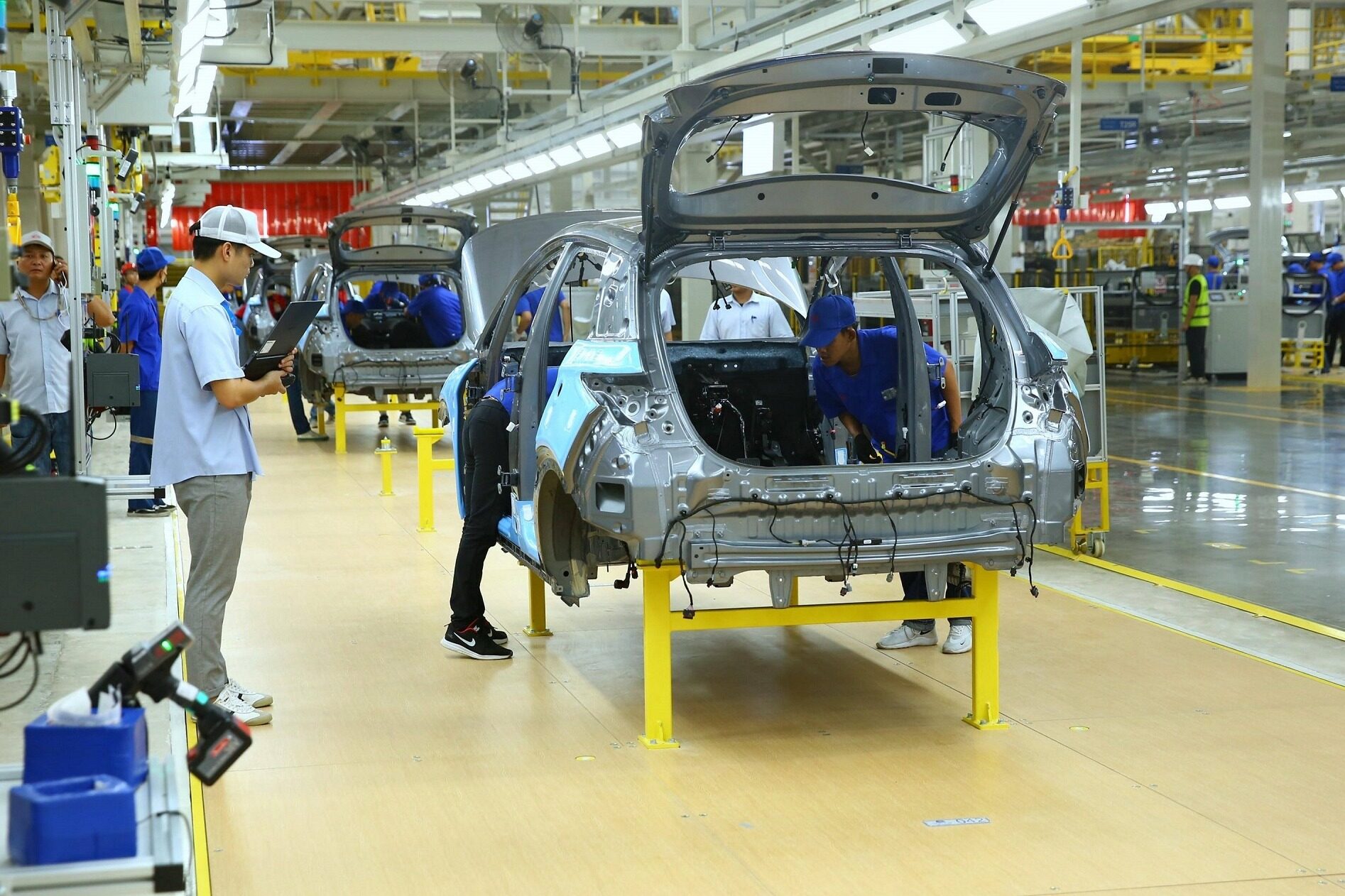
In recent years, BYD (Build Your Dreams) has significantly accelerated its layout in the Southeast Asian market. Cambodia, as a crucial node in its strategic blueprint for Southeast Asia, is gradually evolving into the "second home ground" in BYD's global layout process, thanks to BYD's investment in factory construction, the coordinated promotion with local policies, and the deep penetration into the market. The following is a detailed analysis of BYD's core strategies and progress in going global to Cambodia.
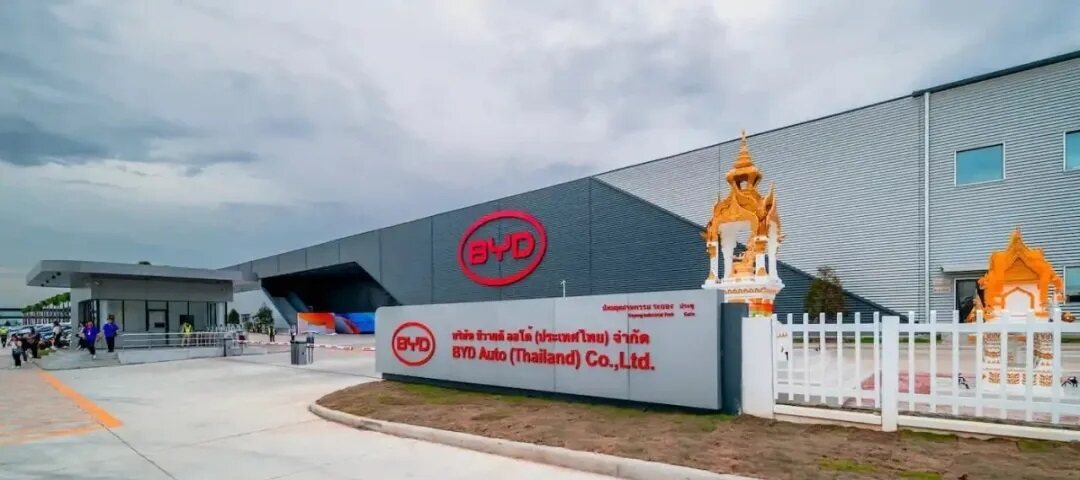
Production Capacity Layout: The Strategic Significance of the Cambodian Factory
1. The Second Production Base in Southeast Asia
BYD plans to invest in building an electric vehicle assembly factory in Cambodia with an annual production capacity of 20,000 vehicles. The main production focus of this factory is electric passenger cars, and its products are not only for the local Cambodian market but also for export to other Southeast Asian countries. The establishment of this factory will become another important production stronghold of BYD in Southeast Asia after the Thai factory (with an annual production capacity of 150,000 vehicles), further consolidating and strengthening the regional supply chain network system.
2. Evading Trade Barriers and Cost Optimization
Cambodia enjoys zero-tariff preferential policies (such as the Generalized System of Preferences treatment) when exporting to the European and American markets. BYD's choice to set up a factory here can skillfully bypass the tariffs imposed on Chinese products, thus effectively reducing export costs. In addition, the labor cost in Cambodia is only one-third of that in the Pearl River Delta region, and the land rent is relatively low. This cost advantage makes it highly suitable for the labor-intensive assembly production process.
3. BYD originally planned to build a large factory in the Fuhe Industrial Park in Vietnam. However, due to the lagging infrastructure construction and existing problems in supply chain management in Vietnam, the project had to be postponed. Against this backdrop, BYD has focused more on Cambodia and Thailand. The stable policy environment in Cambodia and the tax preferential policies (such as the exemption of import tariffs on raw materials) enjoyed under the framework of the China-Cambodia Free Trade Agreement make it BYD's priority choice.
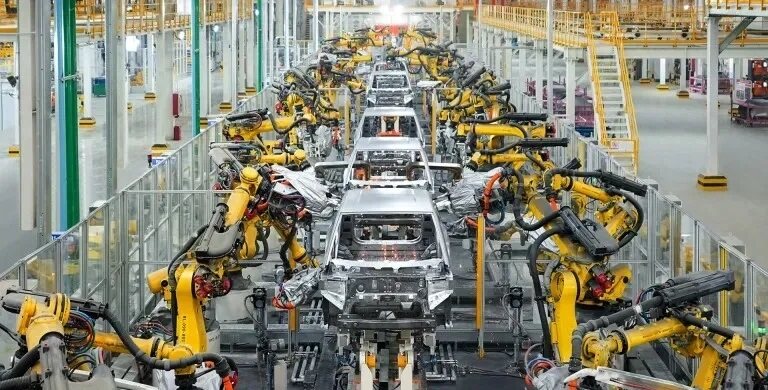
Market and Policy Coordination
1. The Potential of the Electric Vehicle Market in Cambodia
As of June 2024, the number of registered electric vehicles in Cambodia was only 1,614, among which BYD ranked first with 658 vehicles, accounting for more than 40% of the market share. The Cambodian government has issued the "Development Policy for the Electric Vehicle Sector (2024 - 2030)", clearly setting the goal of increasing the number of electric vehicles in use to 30,000 by 2030. Through a series of policies such as tax exemptions and subsidies for the construction of charging infrastructure, it strongly attracts investment and promotes the development of the electric vehicle market.
2. Regional Radiation Effect
The positioning of the Cambodian factory is not limited to serving the local market. It also shoulders the important task of exporting products to Southeast Asian countries such as Thailand and Indonesia. BYD has successfully built a production base in Thailand with an annual production capacity of 150,000 vehicles. The Cambodian factory forms a complementary relationship with it, jointly meeting the diverse market demands in Southeast Asia.
3. Localized Brand Penetration
To enhance the local brand awareness, BYD has actively opened urban experience stores, such as the DENZA HARMONY CITYMALL SHOWROOM in Phnom Penh. At the same time, according to the demand characteristics of the Southeast Asian market, BYD has launched suitable products, such as the electric pickup truck SHARK6, which is priced at about 400,000 yuan. This product mainly targets the commercial vehicle market.
Challenges and Countermeasures
1. Shortcomings in the Supply Chain
Due to the relatively weak industrial foundation in Cambodia, most of the core components required in the production process, such as batteries and motors, rely on imports. To address this issue, BYD may cooperate with Chinese-funded enterprises to adopt the model of "going global together" and build an industrial cluster within the China-Cambodia Industrial Park to reduce the degree of dependence on external logistics.
2. The shortage of local technical workers in Cambodia poses a challenge to the localized operation of the enterprise. To solve this problem, BYD can carry out vocational education cooperation with local institutions, such as collaborating with the Cambodia-China Institute of Applied Technology, to cultivate skilled talents that meet the enterprise's needs. In the initial stage of the project, it can also consider introducing a Chinese technical team to provide management and technical training for local employees.
3. Geopolitical and Policy Risks
The enterprise needs to closely monitor the adjustments of Cambodia's "Investment Law" and the fluctuations in international relations. To effectively reduce potential risks, BYD can adopt the strategy of dispersing production capacity layout, for example, simultaneously promoting the construction of a factory in Indonesia.
Future Prospects
1. Enhancement of the Status as a Manufacturing Hub in Southeast Asia
The Sihanoukville Special Economic Zone in Cambodia has currently attracted 110 enterprises to settle in. With the entry of BYD, this zone is expected to further develop into a new energy vehicle manufacturing center, attracting more Chinese-funded enterprises to take root here.
2. Green Economy and Regional Coordination
By exporting new energy technologies to Cambodia, such as electric pickup trucks and energy storage systems, BYD helps Cambodia achieve its emission reduction target for 2030. At the same time, taking advantage of the opportunity of the China-Cambodia "Fish and Rice Corridor" agricultural cooperation project, BYD can explore the market for electric agricultural machinery and promote the coordinated development of the regional green economy.
3. The Southeast Asian Pivot Point in the Global Strategy
Using Cambodia as a strategic springboard and combining with the production capacity layout in Thailand and Indonesia, BYD has established the "Southeast Asian Manufacturing Triangle", radiating the global market based on this. It is expected that within the next five years, Southeast Asia will become one of the regions with the most rapid export growth for BYD.
BYD's move to go global to Cambodia is by no means a simple tactical measure of production capacity transfer but a crucial move in its global strategic layout. By leveraging Cambodia's policy dividends, cost advantages, and regional market synergy effects, BYD is fully committed to building a new development model of "Made in Cambodia + Sold in Southeast Asia + Exported Globally". Although it faces challenges in aspects such as the supply chain and talent during the development process, its in-depth layout in Southeast Asia has laid a solid foundation for long-term competition, and it is highly likely to become a typical successful case of the reconstruction of the global new energy vehicle industry chain in the future. (This article is from the official website of Seetao.com, www.seetao.com. No reprinting is allowed without permission. Otherwise, legal liability will be pursued. If reprinting, please indicate Seetao.com + the original text link.) Editor of the Strategic Column of Seetao.com / Yin Shiqian
Comment
 Praise
Praise
 Collect
Collect
 Comment
Comment
 Search
Search






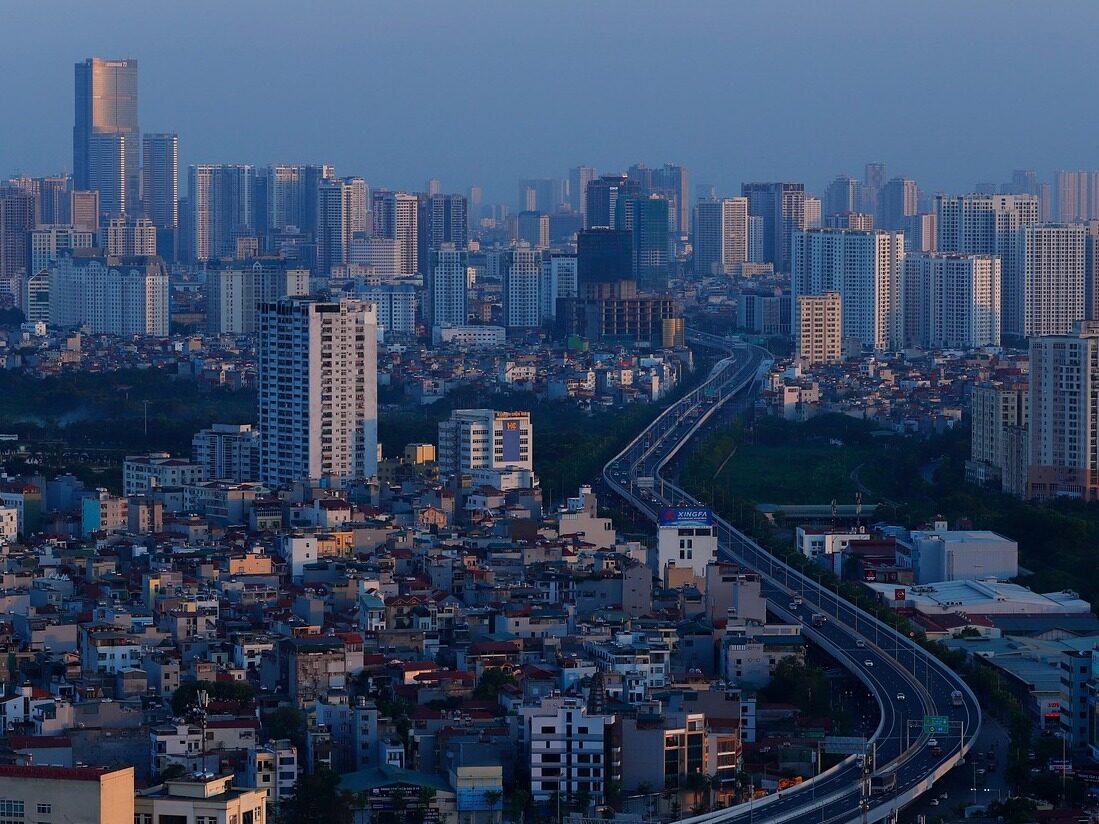
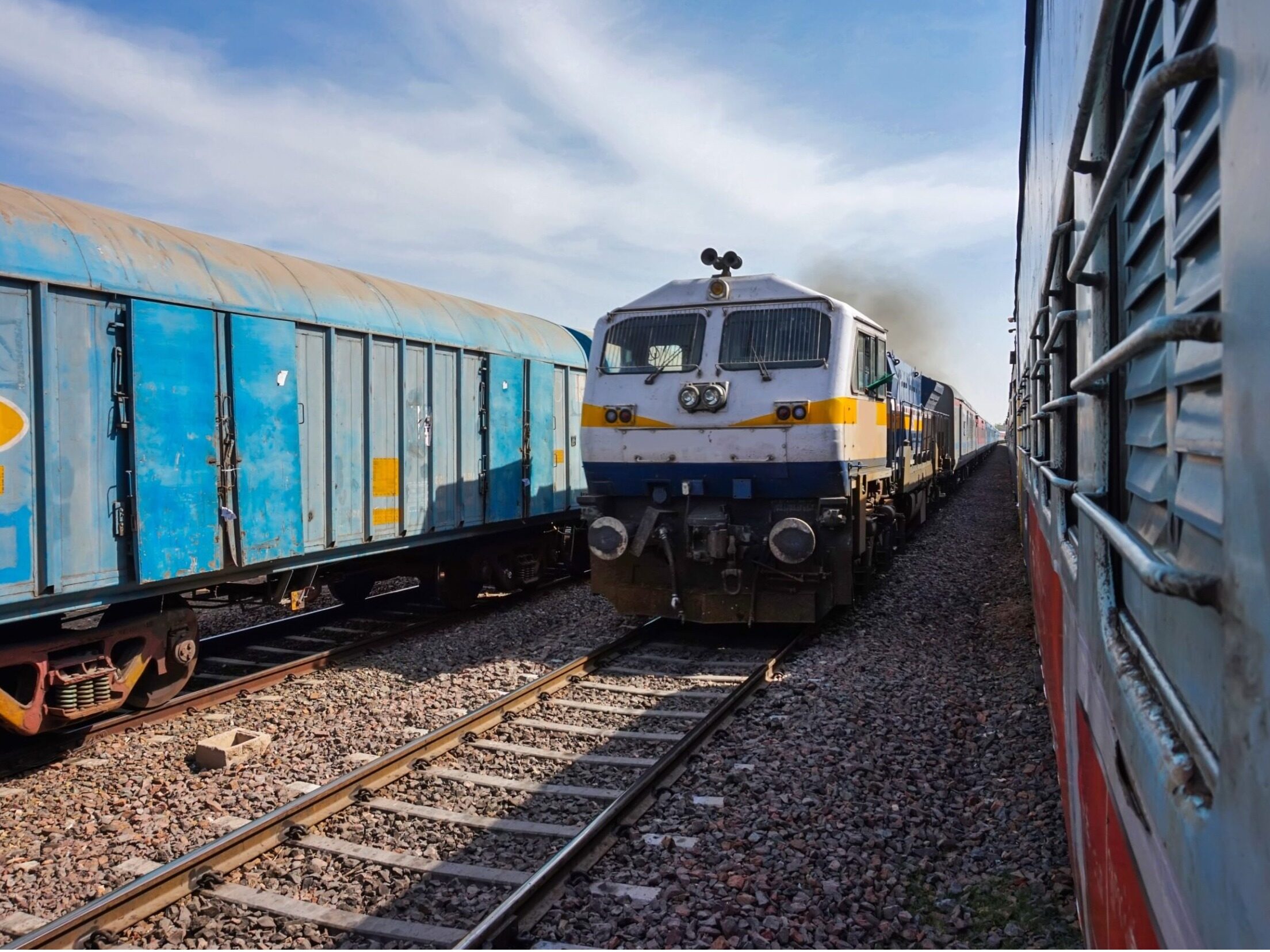






Write something~